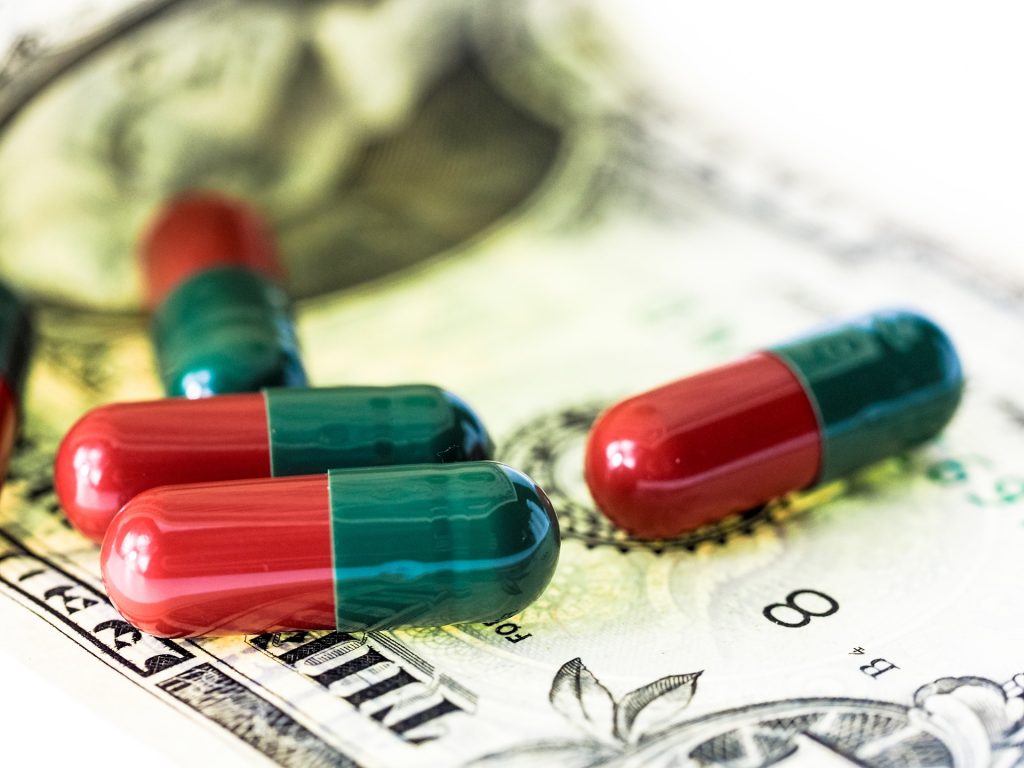There’s little financial incentive for drugmakers to make the new antibiotics we need to stop lots of people dying of bacterial diseases.
Antibiotics save lives. Penicillin, the OG antibiotic, has been credited with preventing 200 million deaths since Alexander Fleming discovered it in 1928. But all antibiotics’ benefits could soon be undone, because the disease-causing bacteria they kill can evolve to become resistant to the drugs.
The United Nations recently released a report saying that without action, “antimicrobial resistance will have a disastrous impact within a generation”. Antibiotic-resistant bacteria already kill 700,000 people a year. That could increase to 10 million by 2050. (That’s more than die from the world’s current biggest killer: heart disease).
The best solution would be to develop new antibiotics that bacteria haven’t yet become resistant to. But pharmaceutical companies aren't putting much time and effort into creating new antibiotics. The reason? They’re for-profit companies, and antibiotics aren’t very profitable. On average, creating a new medicine costs $1 billion. Companies who don’t make that money back risk shutting down. Profits are also needed to fund new projects, cover operational costs, and attract investors.
There are solutions. Antibiotics are unprofitably cheap partly because many government regulate their cost. Governments could let pharmaceutical companies increase the price. But in some places that will make it harder for poorer people to access these life-saving drugs.
Or something could be done to counter the fact that doctors deliberately try to use new antibiotics as little as possible (because overuse makes it easier for bacteria to become resistant). That’s bad business for drugmakers, who end up not selling many pills. So healthcare providers could switch to paying a regular subscription for access to antibiotics rather than paying per med. That ensures the pharmaceutical companies get a steady stream of income from their inventions.
Alternatively, governments could up their involvement - or completely take over - the funding of antibiotic production. Governments can absorb big losses without risking going out of business, and they can pay for their debts by raising taxes or cutting back on their spending elsewhere.
Of course these things all have economic implications for citizens. Taxes cut into disposable incomes and cutting back on other spending may mean some public goods and services like roads and schools might get worse. But there’s a good chance people would accept the trade off in order to combat a severe threat to their own and loved ones’ lives.
Read our explainer on: what firms do.

